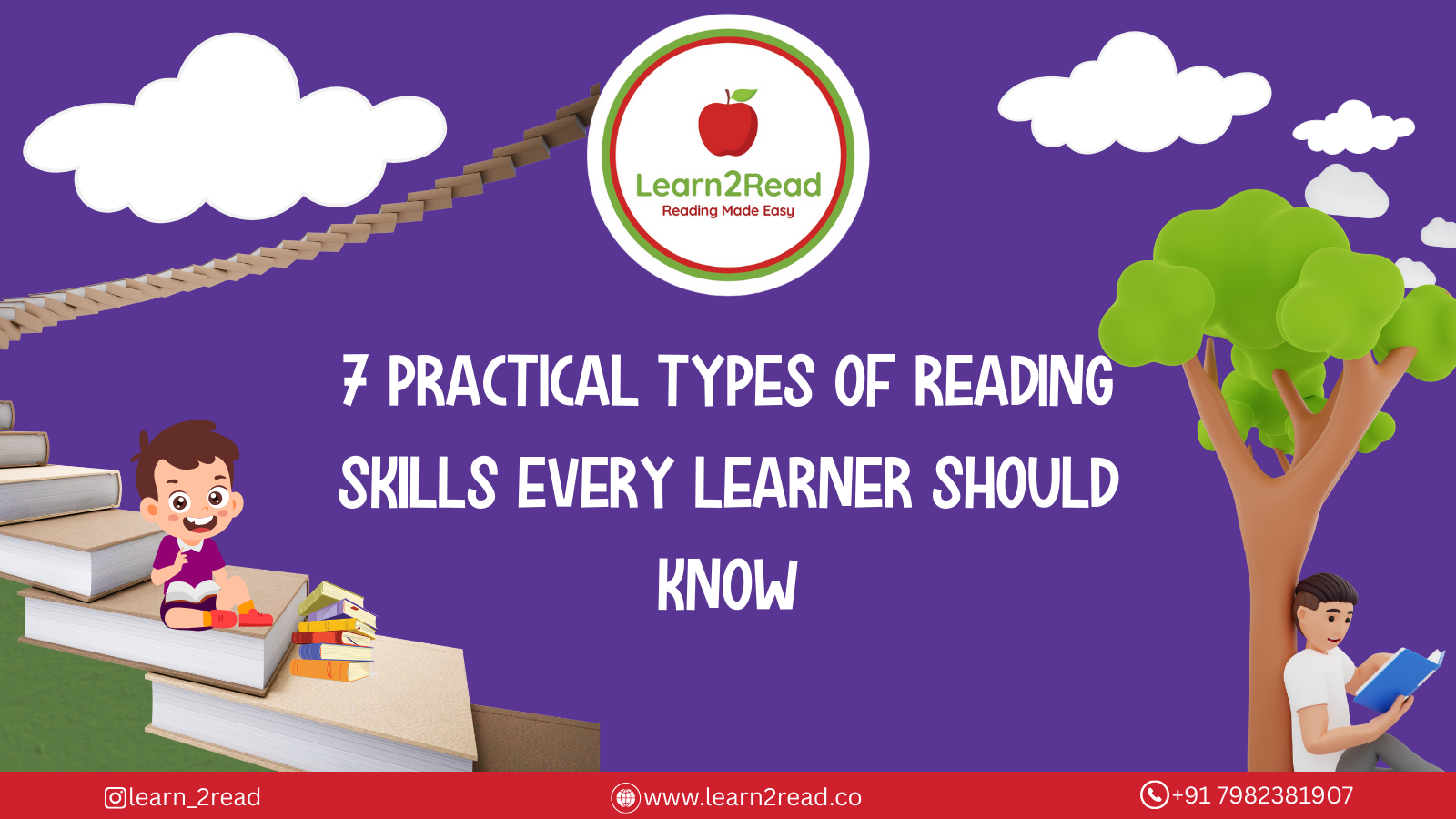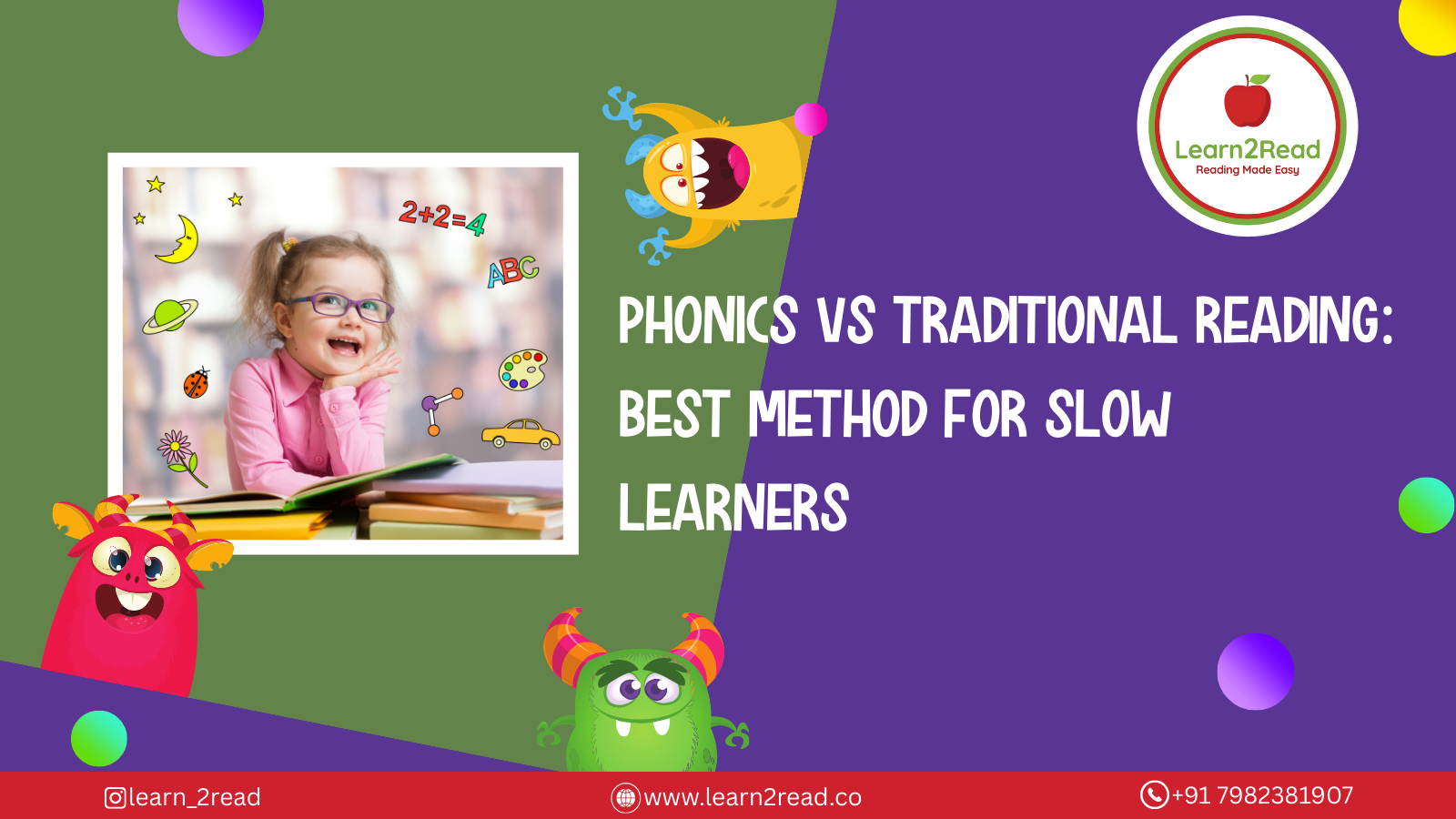19 September 2025
How to Help a Child Struggling with Spoken English

How to Help a Child Struggling with Spoken English
posted on : 17 January 2025
If you're a parent worried because your child hesitates, struggles or is not confident to speak English, and always looking for answers to how to be fluent in speaking English then you're definitely not alone. For many children, especially in non-English-speaking homes, spoken English can feel unfamiliar, even intimidating. But here’s the truth, learning to speak English fluently doesn’t require pressure or perfection. It needs encouragement, consistency, and the right environment to help them learn without any restrictions.
Whether your child is just starting school or trying to build fluency, we will help you understand & support them every step of the way.
Understanding Why Children Struggle with Spoken English
Common Challenges Faced by Young Learners
Before moving forward with solutions, it’s helpful to understand what might be making things difficult for your child. Here are a few common reasons kids struggle with fluent spoken English:
- Limited vocabulary:If they haven’t been exposed to enough English words, they may not know how to express themselves.
- Fear of making mistakes:Many kids avoid speaking because they’re afraid of being laughed at or corrected.
- Lack of exposure:
If English isn’t spoken at home or around them often, it feels like a foreign language. - Low confidence or shyness:
Some children may understand English but hesitate to speak up in a group. Understanding these factors can help you respond with empathy instead of frustration and also understand that it's also the first time for them to learn a new language.
Practical Tips to Improve Spoken English at Home
- Create an English-Friendly Environment
You don’t need to force your child to study grammar from books. Instead, let English come natural to them and become part of their daily life:- Watch English cartoons or moviestogether, repeat lines or ask your child to narrate what happened.
- Label household items in English like “door,” “mirror,” “table,” to help build word associations.
- Encourage daily use of simple phrases like “I’m hungry,” “It’s bedtime,” or “Let’s play.”
Over time, this natural exposure lays a strong foundation for fluency.
Kids love to play, and play is one of the most powerful learning tools.
- Role-play with your child: Pretend to be a customer and shopkeeper, doctor and patient, or teacher and student.
- Play picture description games: Show a picture and ask your child to describe what they see using full sentences.
- Use flashcards, rhymes, or songs:These make learning words and sentence structures more memorable.
- Do storytelling activities:Begin a story and let your child complete it. This builds imagination and helps with sentence construction
Encourage Without Pressure
Gentle Correction Is Key
One of the biggest mistakes we make as adults is correcting children too often or too harshly. For example, if your child says, “She don’t like milk,” gently model the correct form: “Oh, she doesn’t like milk? That’s okay!”
This technique, known as recasting, helps them pick up correct grammar without feeling embarrassed or wrong and believe us, which is very crucial in the process. The goal is to build their confidence first, fluency and accuracy will come naturally with time.
Celebrate Small Wins
If your child finally says a full sentence, praises themselves after speaking, or uses a new word, celebrate it. Positive reinforcement like “That was a great sentence!” or “I love how you said that!” goes a long way in boosting motivation.
Build a Consistent Spoken English Routine
Language Learning Loves Routine
Just like brushing teeth or bedtime stories, learning spoken English works best when it becomes a part of the daily routine. You don’t need long hours; just 10 to 15 minutes daily is enough to build fluency over time.
Try scheduling:
- “English Time” after dinner where you only speak in English
- Weekend storytelling sessions
- Singing or karaoke hours with fun English songs
These routines help your child practice regularly without making it feel like homework.
When to Consider Online Spoken English Classes
Personalized Guidance Can Make a Big Difference
If your child needs more structured support, enrolling them in English spoken classes online can be a game-changer. These classes:
- Focus on interactive learning
- Use phonics and storytelling to make lessons engaging
- Offer group practice for social learning
- Build a safe space where your child feels heard
At Learn2Read, our spoken English courses are designed for children aged 3 to 14. We focus on fluency, phonics, and confidence ensuring each child gets the attention they deserve.
Research-Backed Benefits of Early English Exposure
Why Starting Early Helps
A 2021 study by the British Council and Cambridge University revealed that early exposure to spoken English significantly enhances fluency, pronunciation, and confidence in children. Kids who practice spoken English from a young age show:
- Higher reading and writing ability
- Better problem-solving skills
- Improved listening and speaking fluency
- Greater comfort expressing emotions in multiple languages
These benefits extend beyond language; they contribute to your child’s cognitive and social development.
Be Patient. Progress Takes Time.
Learning a language isn’t a sprint, it's a journey. Your child might mix languages, make grammar mistakes, or even stay silent for a while. That’s okay. All of this is part of the process.
Here’s what you can do:
- Be patient.
- Be encouraging.
- Keep showing up with fun, simple activities.
Fluent spoken English doesn’t come overnight. But with your support, your child will not only learn English they’ll start loving it.
Helping your child speak English fluently is one of the best gifts you can offer them. Whether you're playing pretend games at home or enrolling them in English spoken classes online, the goal is simple: build confidence, make it fun, and stay consistent.
With a little love, routine, and the right resources, your child can grow into a confident, expressive speaker ready to take on the world.
Read more of our blogs:
Why should parents use phonics for their tiny tots to help them read?Latest Posts


19 September 2025
Types of Reading Skills and How to Develop Them in Kids

19 September 2025
Phonics vs Traditional Reading: What Actually Works for Early Learners?

19 September 2025



